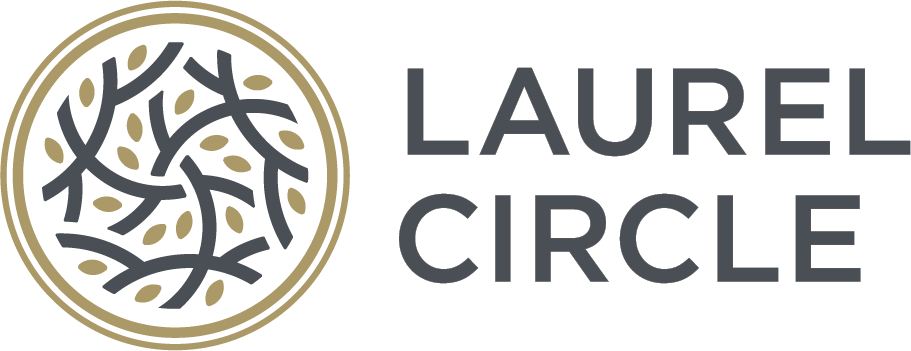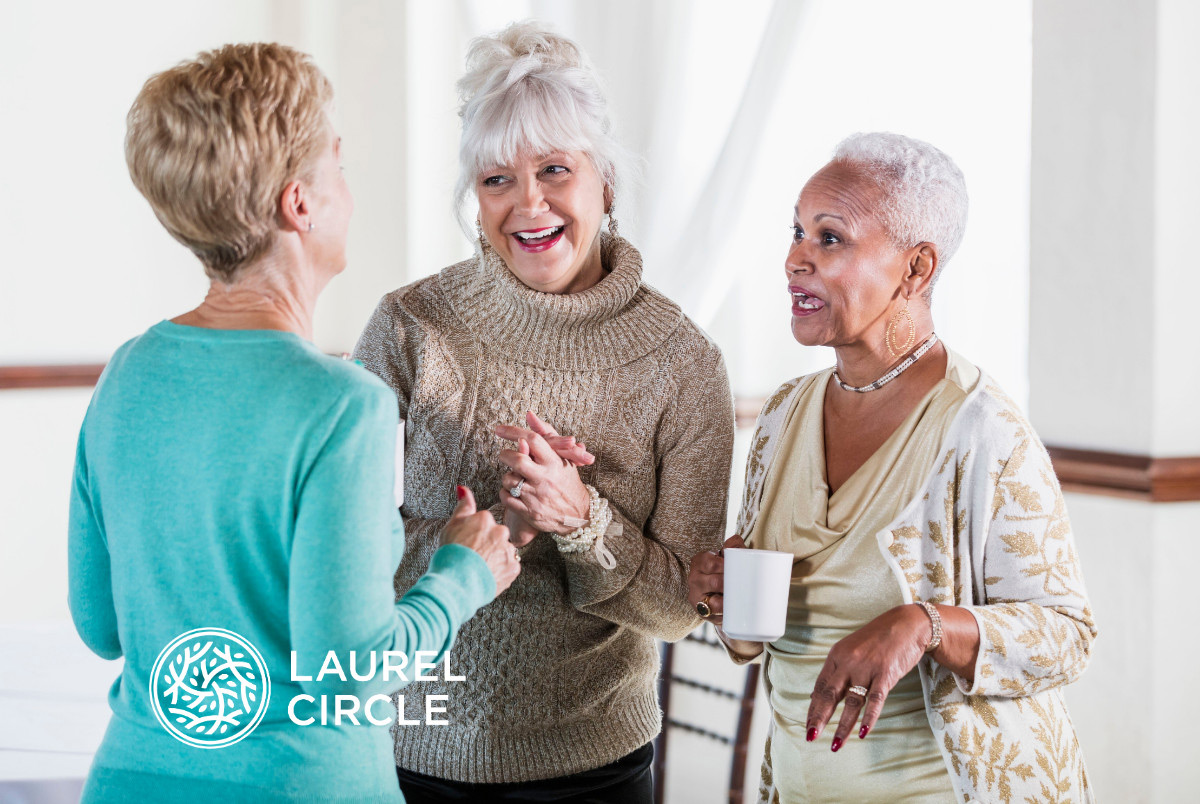Top 5 Healthy New Year’s Resolutions for Seniors

After a long year of social distancing, many of us were ready to celebrate the holidays with an extra cookie or three. But now that the season of overindulgence has passed, it’s time to renew our vows to practice healthier habits. Whether you want to lose weight, exercise more, or simply get a good night’s rest, you can improve your chances of successfully achieving your goals by following these tips.
Be specific. Instead of vaguely saying you want to lose weight, be clear about how much weight you want to lose and when you want to reach that goal. For example, “I’m going to lose 5 pounds in the next 2 months.”
Track your progress. Keep a journal or use an app designed to track your progress and keep you motivated.
Make it doable. Keep your goals realistic and achievable. Trying to take too big a step too fast will leave you frustrated. Give yourself time to reach the finish line with lots of smaller intermediate goals along the way.
Share your goal. You don’t need to go it alone. Let 1 or 2 people know you’re setting a goal and ask them to hold you accountable. You might even put some skin in the game with a small wager.
Stay positive. Don’t beat yourself up over a temporary failure to stick to your plan. Be kind to yourself. Everyone stumbles. Start fresh with some positive self-talk.
Top new year health tips for an even better you.
Here are our top 5 picks for a healthier, happier 2022.
1. Get enough sleep.
Older adults need 7 to 9 hours of sleep each night. Lack of sleep affects your immune system, hormones, appetite, weight, thinking, energy, concentration, mood and life expectancy. It also makes you feel dull and forgetful. To improve your sleep, try these tips for a good night’s rest:
- Go to bed and wake up at the same time each day.
Exercise at least 30 minutes on most days.
Don’t drink coffee in the late afternoon. (Caffeine can take up to 8 hours to wear off fully.)
Don’t drink alcohol before bed.
Avoid large meals late at night.
Get outside in the sunlight for at least 30 minutes a day.
For more tips on getting enough shut-eye, visit the National Sleep Foundation website.
2. Make exercise a habit.
Regular exercise is important for your physical and mental health. It can help you continue to do the things you enjoy and stay independent as you age. In addition, exercise helps you manage and prevent diseases like diabetes, heart disease, breast and colon cancers, and osteoporosis. On top of that, exercise improves your mood and may improve cognitive function.
The key to starting and sticking with an exercise routine is to: make it easy; make it social; make it fun. So if you love the outdoors, try biking or hiking. Enlist a friend or family member to keep you motivated — or join a fitness class. Make it easy by starting with low-intensity exercises. Set realistic goals, both short-term and long-term, and write down an exercise plan like this one from the U.S. Department of Health and Human Services.
3. Eat more fruits and vegetables.
As you grow older, your body doesn’t burn up as many calories as it used to, because your metabolism slows down as you age. That means eating less, but eating better, to maintain a healthy weight. The USDA’s Choose My Plate program, and your healthcare provider, can help you make good choices. They include eating plenty of vegetables and fruits; choosing healthier sources of protein such as beans, chicken and fish; substituting whole grains for refined grain carbohydrates; replacing saturated and trans fats with unsaturated fats; and consuming alcohol in moderation. Also, steer clear of the drive-thru lane at your local fast food joint and drink plenty of water.
4. Challenge your brain.
While physical exercise is good for your brain, mental exercise is essential too. Challenging yourself by learning something new encourages the growth of new brain cells and stimulates the connections between them, which can improve cognitive function. In one study, older adults who learned quilting or digital photography were found to have more memory improvement than those who only socialized or did less cognitively demanding activities. Other activities, including music, theater, dance and creative writing, have also been linked to improved cognitive function and memory in older adults. So consider singing in the choir or learning a new dance step. Take or teach a class. Read a book, do crossword puzzles or volunteer. By keeping your brain active and engaged, you’ll help keep your mind sharp.
5. Nurture your relationships.
Connecting with others makes us happy and drives away despair. It also reduces the health risks associated with social isolation and loneliness, including a higher risk of heart disease, stroke and dementia. And while the pandemic isn’t making it easy to see friends and family as much as we’d like, it’s in our nature to be social. So connect with friends and family — whether it’s over a meal or over the phone. Call, text or email someone you’ve lost touch with. You might be surprised how excited they are to hear from you. Be a good friend. Listen when someone close to you needs to talk. Give back to the group you’re part of. You could also volunteer for a group or cause you’re interested in. Schools, museums, parks, and food banks may offer possibilities for volunteering your time and talent.
A community designed to support your well-being.
Helping seniors live healthier, happier lives is what Laurel Circle is all about. To learn how we can help you or a loved one be part of our thriving community, get in touch. We’re here to help you every step of the way.




